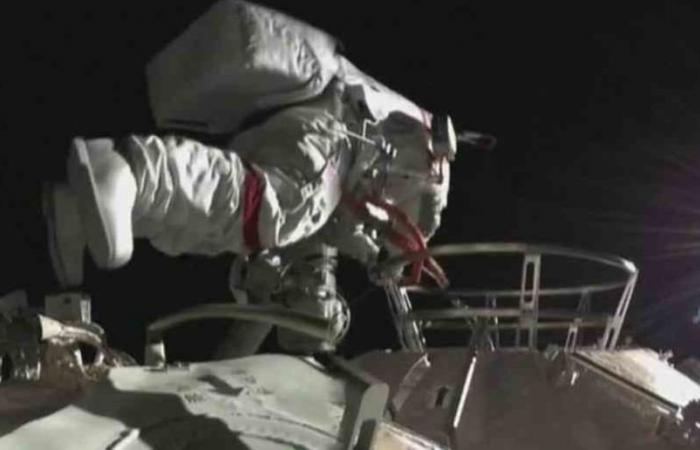2:15
For tycoon Elon Musk and NASA, reaching Mars is not only a possibility, but also an objective. Musk, owner of SpaceX, estimates that humans could reach the red planet in 2029, while NASA wants to achieve this in 2040.
But not everything is as easy as it sounds: in the largest analysis of astronauts’ kidney health to date, a group of researchers claims that a round trip to Mars and back could leave space travelers with dialysis. The details were published this month by the journal Nature.
Effects of radiation on astronauts
The authors recall that exposure to space radiation, for example, from solar winds or Galactic Cosmic Radiation (GCR), generates health problems, such as loss of bone mass, weakening of the heart and vision and the development of kidney stones.
“We know what has happened to astronauts on the relatively short space missions undertaken so far in terms of increased health problems, such as kidney stones,” says lead author Keith Siew in a statement from University College London. from the London Tubular Centre.
“What we don’t know is why these problems occur, or what will happen to astronauts on longer flights, such as the proposed mission to Mars,” he adds.
Radiation tests on mice
To find out how much this radiation affects astronauts’ kidneys, the researchers exposed mice to simulated doses of GCR equivalent to what a space traveler would receive on a mission to Mars, lasting 1.5 and 2.5 years.
In their results, the scientists observed that both human and animal kidneys show signs of contraction after less than a month in space. While they suspect this could be caused by microgravity, more research is needed on the joint impact of GCR.
Astronauts on dialysis
In a more alarming scenario, any astronaut who travels to Mars and back within a three-year period and is exposed to GCR could suffer permanent damage or loss of kidney function.
“If we don’t develop new ways to protect the kidneys, I would say that even if an astronaut could make it to Mars, they might need dialysis on the way back,” Siew adds.
“We know that kidneys take time to show signs of radiation damage. By the time this becomes evident, it will probably be too late to avoid failure, which would be catastrophic for the mission’s chances of success,” explains the expert.
Possible drugs to avoid problems?
Stephen Walsh, co-author of the study, raises the possibility that a drug could in the future protect the kidneys of astronauts: “It is not possible to protect them – the kidneys – from galactic radiation with a shield, but as we understand better the kidney biology, it may be possible to develop technological or pharmaceutical measures that facilitate prolonged space travel.
“Any drug developed for astronauts may also be beneficial here on Earth, for example, allowing the kidneys of cancer patients to tolerate higher doses of radiotherapy, with the kidneys being one of the limiting factors in this regard,” he concludes.






